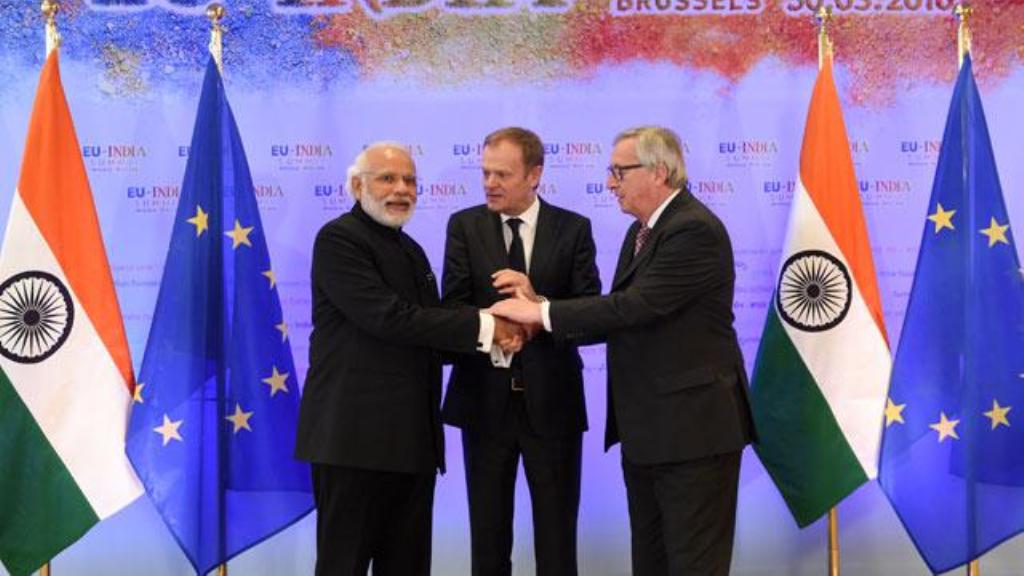In 2007, for the first time, the idea of concluding a Comprehensive Trade and Investment Agreement between Europe and India was formed. The issue which ultimately, due to some differences mainly economic ones like investment treaties and also reduction of tariffs on goods imported from India was frozen in 2013 after nearly sixteen rounds of talks without any result.
But after almost nine years, India and the EU have recently announced that there is a very positive and promising negotiation in the pipeline to conclude a free trade agreement between the two sides. The negotiation is expected to lead to an agreement by the end of 2023 and will cover a wide range of economic issues like trade, geographical indications, and mutual investments.
A package of political and geopolitical factors can be mentioned as reasons to approach New Delhi and Brussels. The Brexit, the War in Ukraine, the economic, energy as well as the food crisis in the world because of the vulnerability of the global supply chain, and also China’s emergence and her efforts to gain more power at the international level can be counted as the most important factors.
For Europe, the Russian invasion of Ukraine, the emergence of China, and the EU’s dependence on the country are considered the most important ones. Regardless of its military and security aspects which will strongly impress Europe and even India, the Russian invasion of Ukraine has left its effects on the energy and foodstuff sectors. The issue has made Europe awakened too.
Brussels’s awakening has now caused the bloc’s dependence on China and its sharp trade deficit with the country that reached $ 249 billion in 2021 to become a vital and de-securitized issue in the supply chain of the region. That’s why according to Ursula von der Leyen, President of the European Commission, the EU in its new strategy should concentrate on establishing relations with friendly countries.
On the one hand, despite doubts and hesitations about parts of her interests like weaponry and energy dependence on Russia, India has shown her willingness for further partnership within the framework and regulations of the present international order. Bilateral contracts with Australia and UAE contracts to purchase arms from France and concluding security contracts with England and also recent negotiations with the European Union have all shown that the West and its allies form the inclination and direction of her foreign policy and future strategies of the Indian government to a large extent.
Obstacles & Problems
It is obvious that China’s containment and prevention of the country’s influence in the Indo-Pacific region have become the common strategy of both sides. As Brussels tries to expand its influence in this region, India also makes effort to play a role in China’s containment doctrine of the region.
But, on the recent trade agreement, the assumption of replacing India with China in trade with the European Union seems to be unrealistic to some extent, at least in short term. It is because of the high trade volume and investment between China and Europe which hit nearly 200 billion euros in 2019, almost three times more than the trade volume between New Delhi and Brussels in the same period. Moreover, transport of goods between Europe and China is nine times larger than the figure with India.
Such figures reflect the difficulties to replace India with China for the European Union. That’s why Emmanuel Luna, French Ambassador to India has pointed out to threats and losses that trade with China can incur upon Europe. He announced that returning some of China’s products to Europe and or any effort to replace other countries with China will be coupled with costs for Europe.
On one hand, it seems that because of the Indian large volumes of arms purchased from Russia as well as New Delhi’s need to import energy carriers from Moscow, Europe has a hard job ahead to convince Indian Prime Minister Narendra Modi’s government. However, in the case of Europe’s failure to convince India, inertia and geopolitical realities have shown that they can bring closer the old enemies towards each other.










0 Comments